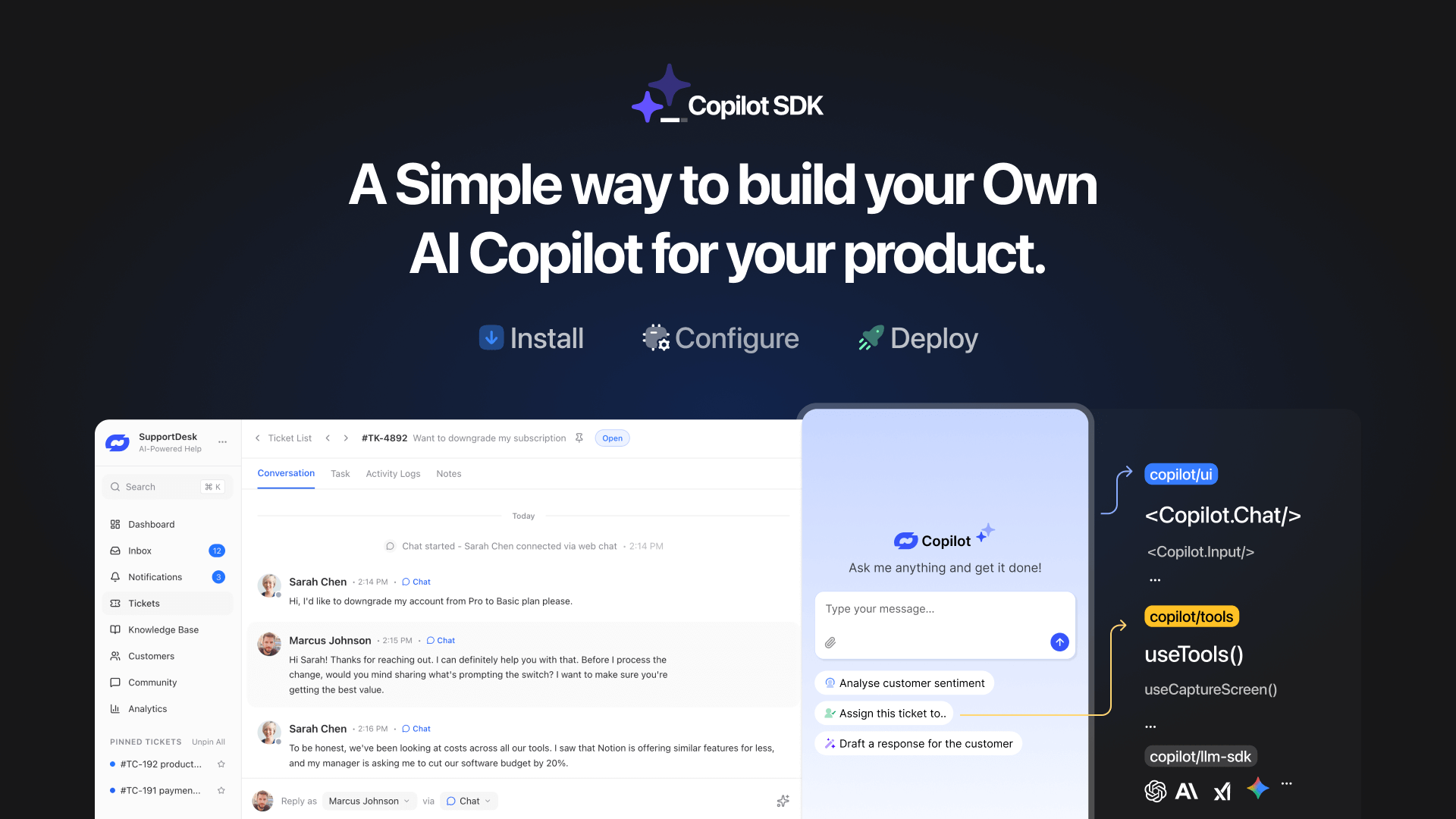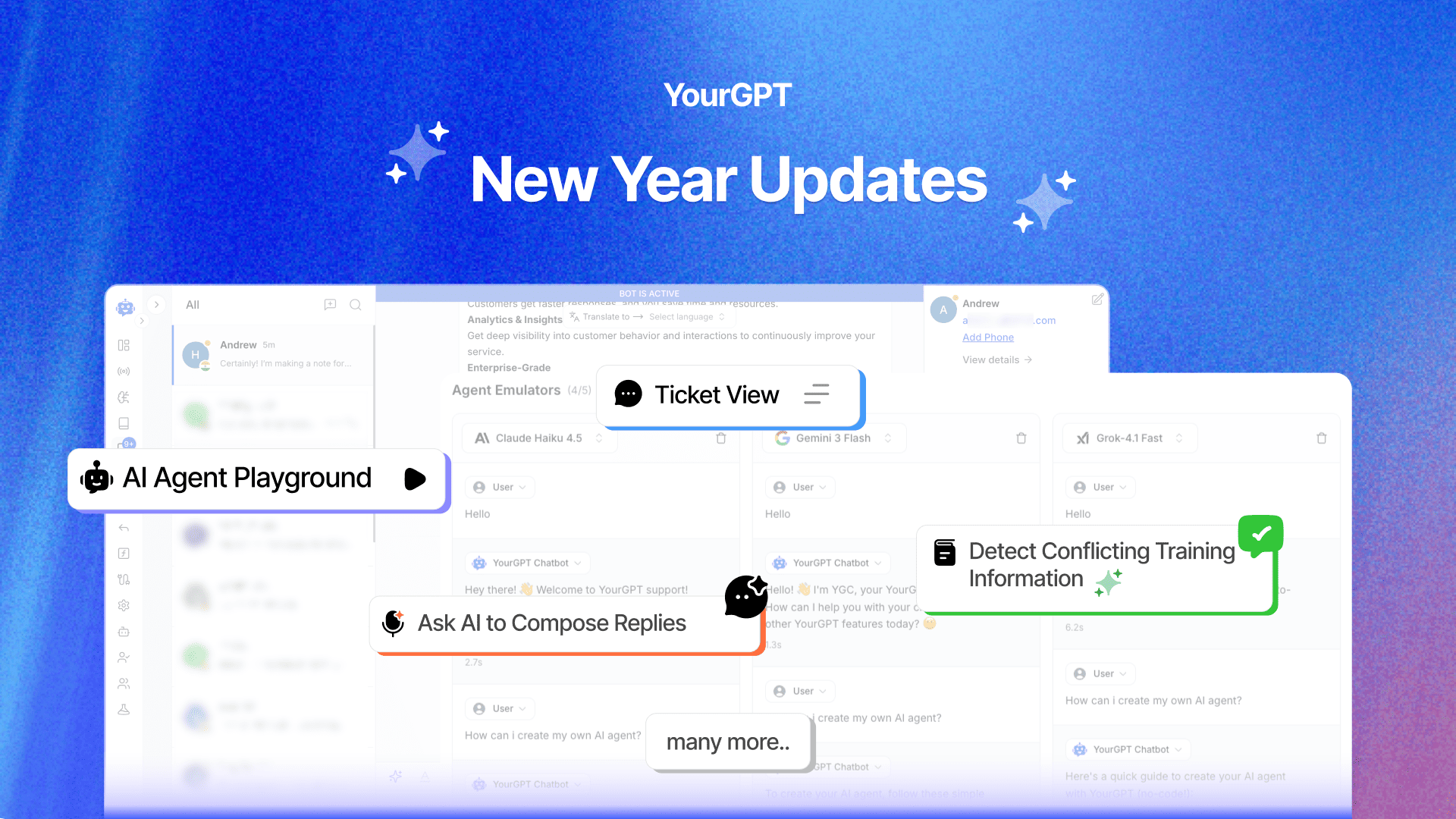This week in AI | Week 14


Welcome to “This Week in AI,” where we collect and share the most recent developments in the field of artificial intelligence. This week, we cover important AI developments, highlights from Google I/O, interesting updates from OpenAI’s latest announcements and Intel SuperComputer. Now lets get going!

OpenAI’s GPT-4o Announcement On May 13, 2024, OpenAI launched GPT-4o, the latest evolution of its multimodal model capable of processing and generating text, audio, and visual data. The “o” stands for “omni,” reflecting its enhanced capabilities to understand and reason across different types of inputs. With its deeper understanding and natural-feeling communication, this new model seems to completely transform human-machine connection.
Project Astra and AI Enhancements Across Google Services Google I/O 2024 showcased several groundbreaking AI innovations, particularly focusing on Project Astra and updates to Google’s core services.

Aurora Supercomputer’s Milestone Intel, Argonne National Laboratory, and Hewlett-Packard Enterprise announced that the Aurora supercomputer at Argonne had achieved exascale performance of 1.012 exaflops. This makes Aurora the second supercomputer to break the exascale barrier, following AMD’s Frontier at Oak Ridge National Lab.
Aurora’s findings is expected to make a big impact on AI development and scientific study.
This week has brought groundbreaking advancements in AI. OpenAI introduced GPT-4o, enhancing multimodal interactions. Google I/O showcased Project Astra and new AI features across its services. The Aurora supercomputer achieved exascale performance, marking a significant leap in AI-driven research. Stay tuned for next week’s AI updates.

TL;DR YourGPT Copilot SDK is an open-source SDK for building AI agents that understand application state and can take real actions inside your product. Instead of isolated chat widgets, these agents are connected to your product, understand what users are doing, and have full context. This allows teams to build AI that executes tasks directly […]


Happy New Year! We hope 2026 brings you closer to everything you’re working toward. Throughout 2025, you’ve seen the platform evolve. We shipped the AI Copilot Builder so your AI could execute actions on both frontend and backend, not just answer questions. We added AI assistance inside Studio to help you generate workflows without starting […]


Grok 4 is xAI’s most advanced large language model, representing a step change from Grok 3. With a 130K+ context window, built-in coding support, and multimodal capabilities, Grok 4 is designed for users who demand both reasoning and performance. If you’re wondering what Grok 4 offers, how it differs from previous versions, and how you […]


OpenAI officially launched GPT-5 on August 7, 2025 during a livestream event, marking one of the most significant AI releases since GPT-4. This unified system combines advanced reasoning capabilities with multimodal processing and introduces a companion family of open-weight models called GPT-OSS. If you are evaluating GPT-5 for your business, comparing it to GPT-4.1, or […]


In 2025, artificial intelligence is a core driver of business growth. Leading companies are using AI to power customer support, automate content, improving operations, and much more. But success with AI doesn’t come from picking the most popular model. It comes from selecting the option that best aligns your business goals and needs. Today, the […]


You’ve seen it on X, heard it on podcasts, maybe even scrolled past a LinkedIn post calling it the future—“Vibe Marketing.” Yes, the term is everywhere. But beneath the noise, there’s a real shift happening. Vibe Marketing is how today’s AI-native teams run fast, test more, and get results without relying on bloated processes or […]
